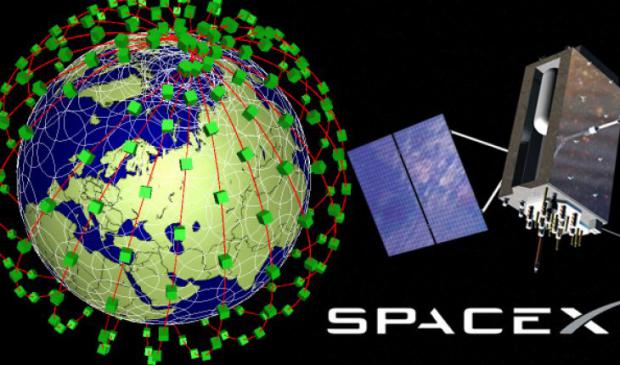
Breaking News
 $26M Frozen on Blockchain - With One Click
$26M Frozen on Blockchain - With One Click
 Italy are on national strike shutdown rejecting digital enslavement...
Italy are on national strike shutdown rejecting digital enslavement...
 The following U.S. states are currently using the rebranded "Reporty Homeland Security" so
The following U.S. states are currently using the rebranded "Reporty Homeland Security" so
 NATO Chief Urges Europe To Prepare For Long-Term World War With Russia, China, Iran & North Korea
NATO Chief Urges Europe To Prepare For Long-Term World War With Russia, China, Iran & North Korea
Top Tech News
 HUGE 32kWh LiFePO4 DIY Battery w/ 628Ah Cells! 90 Minute Build
HUGE 32kWh LiFePO4 DIY Battery w/ 628Ah Cells! 90 Minute Build
 What Has Bitcoin Become 17 Years After Satoshi Nakamoto Published The Whitepaper?
What Has Bitcoin Become 17 Years After Satoshi Nakamoto Published The Whitepaper?
 Japan just injected artificial blood into a human. No blood type needed. No refrigeration.
Japan just injected artificial blood into a human. No blood type needed. No refrigeration.
 The 6 Best LLM Tools To Run Models Locally
The 6 Best LLM Tools To Run Models Locally
 Testing My First Sodium-Ion Solar Battery
Testing My First Sodium-Ion Solar Battery
 A man once paralyzed from the waist down now stands on his own, not with machines or wires,...
A man once paralyzed from the waist down now stands on his own, not with machines or wires,...
 Review: Thumb-sized thermal camera turns your phone into a smart tool
Review: Thumb-sized thermal camera turns your phone into a smart tool
 Army To Bring Nuclear Microreactors To Its Bases By 2028
Army To Bring Nuclear Microreactors To Its Bases By 2028
 Nissan Says It's On Track For Solid-State Batteries That Double EV Range By 2028
Nissan Says It's On Track For Solid-State Batteries That Double EV Range By 2028
FCC approves SpaceX 4425 internet satellite network

Here is the full 20 page FCC memo.
FCC says SpaceX must launch 2213 satellites by April 2024
SpaceX requested waiver of section 25.164(b) of the Commission's rules, which requires NGSO system licensees to launch the space stations, place them into the assigned orbits, and operate them in accordance with the station authorization within six years of grant of the license. SpaceX asks that we apply the six-year milestone only to its initial deployment of 1,600 satellites. SpaceX states that completing its full constellation of over 4,400 satellites over a six-year period would require a launch cadence of more than 60 satellites per month, beginning on the day the Commission grants a license, which would be impractical, and that deployment of its full constellation is not necessary to allow it to commence delivery of broadband service. SpaceX argues that a limited waiver of section 25.164(b) would not undermine the purpose of the milestone requirements, as it would not result in, facilitate, or encourage spectrum warehousing. Several commenters argue that a waiver of this requirement would give SpaceX an unfair advantage as it would not require SpaceX to deploy its full constellation within the six-year period without further obligation to deploy the rest of its system.
[FCC] agrees with commenters that SpaceX has not provided sufficient grounds for a waiver of the Commission's final implementation milestone requirement. FCC note that this issue was addressed in the NGSO FSS rulemaking, and this grant is subject to those rules. Under these new rules, SpaceX's deployment of 1600 satellites would not meet the new 6-year milestone requirement that now requires 50 percent of the total number of satellites in the constellation to be launched and operated no later than 6 years after grant of the authorization. Given that, FCC deny SpaceX's waiver request. SpaceX can resubmit this request in the future, when it will have more information about the progress of the construction and launching of its satellites and will therefore be in a better position to assess the need and justification for a waiver.

 Carbon based computers that run on iron
Carbon based computers that run on iron

